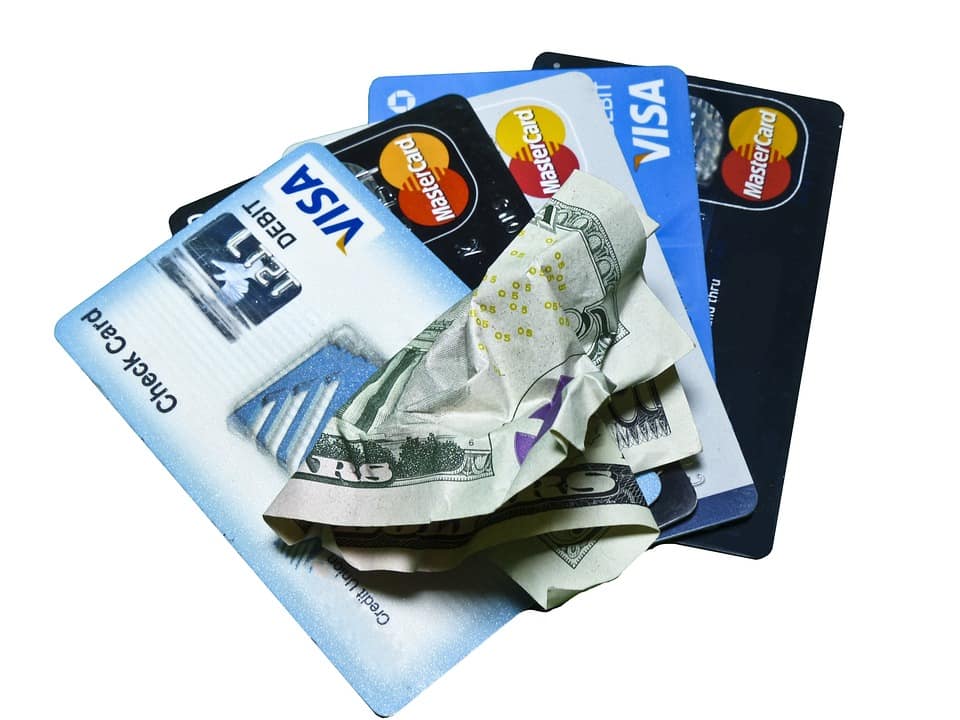Debt Management: A Comprehensive Guide to Improving Your Financial Health
Debt is a common phenomenon that affects millions of people around the world. It can be crippling, making it difficult to make ends meet and causing significant financial stress. However, with a well-planned debt management strategy, it is possible to regain control over your finances and improve your credit score. In this article, we will explore the various aspects of debt management, including the causes of debt, types of debt, and strategies for managing debt effectively.
What is Debt?
Debt is a sum of money borrowed from a lender, which must be repaid, usually with interest. It can be in the form of a loan, credit card balance, or mortgage. Debt can be a necessary part of life, as it allows individuals and businesses to access resources they may not have otherwise. However, when not managed properly, debt can quickly become overwhelming and interfere with one’s financial well-being.
Causes of Debt
There are several factors that can contribute to the development of debt. Some of the most common causes include:
- Spending beyond one’s means: Living beyond one’s means can lead to a buildup of debt. This can occur when an individual has a lifestyle that is not sustainable, and they are unable to keep up with the payments on their debts.
- High-interest rates: High-interest rates can make it difficult to pay off debts, especially for those who have multiple debts with high interest rates.
- Lack of financial planning: Not having a clear plan for managing one’s finances can lead to debt. This can include not budgeting, not prioritizing spending, and not saving.
- Unemployment or reduced income: Job loss or reduced income can make it difficult to make ends meet, leading to debt.
- Medical emergencies: Unexpected medical expenses can lead to debt, especially if not planned for.
Types of Debt
There are several types of debt, including:
- Secured debt: This type of debt is tied to an asset, such as a home or car. If the borrower defaults on the loan, the lender can seize the asset to recover their losses.
- Unsecured debt: This type of debt is not tied to an asset and is typically related to credit cards, personal loans, and student loans.
- Mortgage debt: This type of debt is related to a home loan and is typically the largest debt most individuals will have.
- Credit card debt: This type of debt is related to credit cards and can quickly add up if not managed properly.
Strategies for Managing Debt
There are several strategies for managing debt, including:
- Budgeting: Creating a budget and sticking to it can help individuals avoid overspending and debt.
- Debt snowball method: Paying off debts one by one, starting with the smallest balance first, can help individuals quickly eliminate debt.
- Debt avalanche method: Paying off debts one by one, starting with the one with the highest interest rate, can save individuals more money in interest over time.
- Consolidation: Consolidating debt into a single loan with a lower interest rate and a single payment can simplify the process of paying off debt.
- Negotiation with creditors: Contacting creditors and negotiating a lower interest rate or payment plan can help individuals reduce their debt.
Improving Your Credit Score
Having a good credit score can make it easier to obtain loans, credit cards, and other financial products at a lower interest rate. Here are some ways to improve your credit score:
- Pay your bills on time: Late payments can negatively affect your credit score.
- Keep credit utilization low: Keep your credit card balances low compared to your credit limits.
- Monitor your credit report: Check your credit report regularly to ensure it is accurate and up-to-date.
- Don’t apply for too much credit: Avoid applying for multiple credit cards or loans in a short period, as this can negatively affect your credit score.
- Pay down debt: Paying down debt can help improve your credit utilization ratio and overall credit score.
Conclusion
Debt can be a significant challenge, but with a well-planned strategy, it is possible to regain control over your finances and improve your credit score. By understanding the causes of debt, the different types of debt, and the strategies for managing debt, individuals can take steps to avoid debt and improve their financial health. By applying the strategies outlined above, individuals can reduce their debt, improve their credit score, and regain control over their financial lives.
FAQs
Q: How do I determine how much debt I have and how much I owe?
A: Start by making a list of all your debts, including credit cards, loans, and other debts. Next, add up the total amount you owe and the interest rates for each debt.
Q: Can I consolidate all my debt into one loan?
A: Yes, but care should be taken when consolidating debt. Make sure the new loan has a lower interest rate and a single payment plan.
Q: How do I negotiate with creditors?
A: When negotiating with creditors, be prepared to provide financial information and explain your financial situation. Be calm and professional, and be willing to compromise.
Q: How long does it take to pay off debt?
A: The amount of time it takes to pay off debt varies depending on the debt and the payment plan. It’s important to create a plan and stick to it.
Q: How can I improve my credit score?
A: To improve your credit score, pay your bills on time, keep your credit utilization low, and monitor your credit report. Paying down debt and avoiding new debt can also help improve your credit score.

Leave a Reply